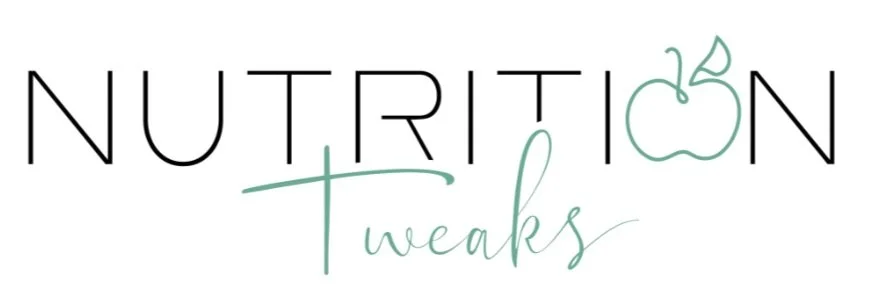Why You’ve Stopped Losing Weight (And What to Do About It)
Weight loss isn’t just about willpower or counting calories. Beneath the surface, your body is working hard to protect itself, often in ways that stall progress and even trigger eventual weight regain. This phenomenon is called metabolic adaptation, and it’s one of the most overlooked — yet crucial — factors in long-term weight management.
Metabolic adaptation happens when your body adjusts to a lower calorie intake. Energy expenditure drops, hunger increases, and hormones shift to favour fat regain. It’s a survival mechanism: our bodies are designed to protect fat stores in case of famine, not to prioritise visible abs. This means even when you’re doing “everything right,” the scale might not budge — and that can be frustrating.
The Phases of Weight Loss
Understanding the phases of weight loss helps set realistic expectations. When you first reduce calories, the initial drop on the scale is often rapid, but most of it isn’t fat — it’s glycogen (stored carbohydrate) and water. Energy levels can fluctuate, and your body might feel lighter without your body composition changing significantly.
As fat becomes the main source of weight reduction, the body starts adjusting. Resting energy expenditure naturally decreases, daily movement often drops without you noticing, and fewer calories are burned through digestion. This is when weight loss can feel like it has plateaued, even if you’re sticking to your plan.
Once you reach your target weight, hormones that regulate hunger and satiety — like leptin and ghrelin — may not immediately return to previous levels. Your body essentially “defends” its old weight, making maintenance often feel harder than the initial loss.
Why a Dietitian Makes the Difference
This is where working with a dietitian is so valuable. Generic apps and trackers can’t see the full picture. I’ve had clients whose fitness apps told them they’d hit their daily fat target just from a salad dressing — clearly not the full story!
A dietitian can analyse your diet in depth to spot hidden sources of calories or nutrient imbalances. We can personalise targets for energy, protein, and other nutrients based on your unique needs, rather than averages or algorithmic assumptions. We also look at patterns that apps can’t measure — like nutrient timing, portion sizes, or under-reported snacks — and translate that into actionable changes you can realistically sustain.
It’s not just about what you eat; it’s about understanding how your body responds to diet, activity, and even stress. With professional guidance, plateaus become manageable checkpoints rather than failures, and you can build habits that support lasting change without extreme restriction or burnout.
A Real-Life Example
One client diligently tracked her calories and steps using a popular app. According to the app, she was hitting all her targets. But when we dug deeper, I noticed she was regularly underestimating portions, missing protein goals, and relying on app averages that didn’t reflect her unique metabolism. After tailoring her nutrition plan, adjusting portion sizes, and introducing simple habit tweaks, she started seeing steady progress, all while feeling more confident and less restricted.
Making Weight Loss Sustainable
Sustainable weight loss is about working with your biology, not against it. Metabolic adaptation isn’t a flaw — it’s a natural, protective feature of the body. Understanding it allows you to set realistic expectations, avoid unnecessary frustration, and build habits that last.
If you’ve been frustrated by weight plateaus, conflicting advice from apps, or plans that feel too restrictive, a dietitian can help you navigate the science behind your body’s responses. We’ll look at your diet, lifestyle, and goals to create a personalised strategy that actually works for you.
Ready to take control of your health in a way that actually sticks?
Book a free discovery call today, and together we’ll talk through your goals, spot what’s been holding you back, and explore practical strategies to make lasting, positive changes. No gimmicks — just real, personalised guidance.
